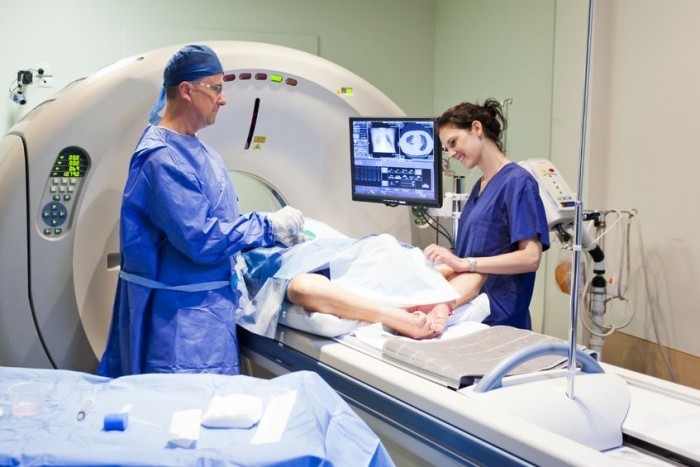- Joined
- Dec 26, 2006
- Messages
- 7,100
- Reaction score
- 17,534
Nothing wrong in any of your thoughts. Except at that stage of life, test-taking skills are probably going to be at their highest. I'm a few years out, but my colleagues who were a decade or more out, were all complaining of trying to get back their test-taking groove. Granted, a few years out, $1800 as much it is, is less than the daily swing of my investment portfolio's.
And if it's like what the ABA has done historically then the first iteration of the exam will probably be the easiest. I was in the first class that took BASIC and I'm relatively certain subsequent BASICs were significantly more difficult than what I took. Almost inevitably the question writing will become sharper assuming the pass rate was indeed extraordinarily high this go around.

